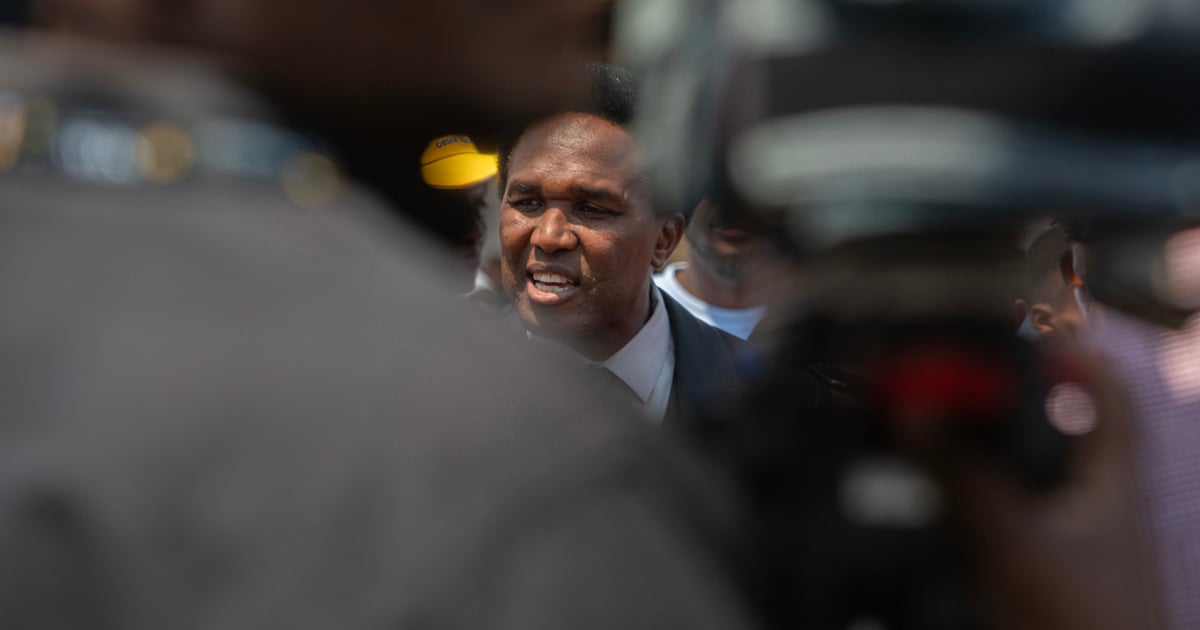Mozambique in shock as two allies of opposition leader Mondlane, including his lawyer, are killed

Two close associates of prominent Mozambican opposition leader Venancio Mondlane were gunned down in the capital, Maputo, on Saturday, just days before the official results of the contested October 9 election are set to be announced.
Among the victims was Elvino Dias, Mondlane’s lawyer, who was preparing to challenge alleged electoral fraud.
Elvino Dias and Paulo Guambe, a senior member of the opposition Podemos party, were both killed in a brazen daylight attack.
Witnesses report that armed men ambushed their vehicle in the street, firing over 20 shots.
The brutal killings have sent shockwaves through Mozambique, heightening tensions surrounding the disputed election.
Dias had gained a reputation as a vocal critic of election irregularities, having previously denounced fraud in earlier municipal elections.
His assassination, just as he was working on an electoral fraud case, is seen by many as a politically motivated attack aimed at silencing the opposition.
In response to the murders, the Mozambican police have launched an investigation, though details remain scarce.
Eyewitnesses suggest that this was a targeted assassination, a claim that has raised concerns about the safety of opposition figures in the country.
The European Union swiftly condemned the killings, calling for a thorough and transparent investigation. “We urge the authorities to ensure justice is served and to prevent further violence,” a spokesperson for the EU stated.
Numerous organisations, including the Mozambican Bar Association, have also expressed outrage, labelling the murders as a direct attempt to intimidate the opposition and stifle dissent.
Venancio Mondlane, who is contesting the election results, has urged supporters to engage in a general strike on Monday to protest what he describes as widespread electoral fraud.
He has called for calm but remains defiant in his call for justice.
Analysts warn that this assassination could mark an escalation in political violence in Mozambique, a country already plagued by election-related killings in the past.
“This could either galvanise public opposition or instil widespread fear ahead of planned demonstrations,” one political expert noted.
As Mozambique awaits the final election results, the atmosphere is increasingly fraught, with many fearing that these murders signal a new phase of political unrest in the country.
About The Author
dailymailafric
I am an avid African news observer, and an active member of Daily Mail Africa.
I’m Passionate about staying informed on diverse topics across the continent,
I actively contribute to publishing on political, economic and cultural developments in Africa.



